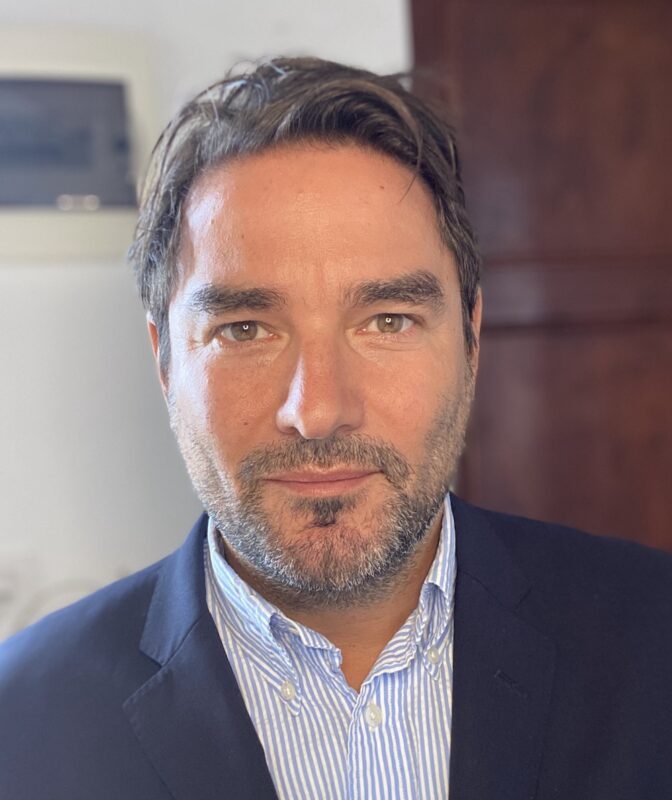
Editor’s note: Bryan Rich was named AI Industry Executive of the Year on Nov. 12.
The finalists for WashingtonExec’s Pinnacle Awards were announced Oct. 8, and we’ll be highlighting some of them until the event takes place virtually Nov. 12.
Next up is AI Industry Executive of the Year finalist Bryan Rich, who’s managing director and applied intelligence lead for Accenture Federal Services. Here, he talks about key professional achievements, future focus areas and career advice.
What key achievements did you have in 2019/2020?
Beyond the business impact, I was able to create a cultural impact by proving the startup model/strategy that could operate within a large firm like Accenture Federal Services. It moved fast, but I was working with the same rules as everyone else, just changing the game a little.
Small things like hiring great talent ahead of demand had a significant impact on winning deals and deepening our ability to innovate with purpose.
What has made you successful in your current role?
My background is in startups where failing fast and being resilient is standard. Also calling out what doesn’t work is critical. Having the history of that experience gave me the confidence to try new models that have paid off. It creates opportunities to change course quickly and pivot faster from what isn’t working to what works better.
It’s not enough to make incremental progress. You have to set an expectation for bold change and operate at that pace, so I treat each challenge like a startup and the leadership is incredibly open and supportive of that. And you can’t get anywhere without a talented team.
What was a turning point or inflection point in your career?
My mid-career fellowship was at Harvard, where I spent that year just thinking about patterns and change detection in text. That was 1997 and until then, I had been a TV and radio producer with a love of textual analysis.
I got to spend time at the MIT media lab and it just opened my eyes to the transformation that was about to happen. I started building a roadmap for a behavioral intelligence technology that I would go on to build into a company and sell to the Carlyle group in 2014. The main lesson is not to major in poetry if you’re looking for a quick exit.
What are you most proud of having been a part of in your current organization?
The design of an innovation model that I created for applied intelligence for the federal government was tightly coupled with rapid growth. We got the right balance between academic depth from a phenomenal team of Ph.Ds and coupled them with delivery consultants and technology folks and this has led to a series of highly successful innovations that converted to strategic deals for AFS and created great momentum in the market.
What are your primary focuses areas going forward, and why are those so important to the future of the nation?
There are several: We are focused on intelligent applications derived from internet of things, blockchain and also for me personally, the coupling of NLP and computer vision to create intelligent mission applications. The thematic focus from a business standpoint is health as an area where huge impact can be made. The key message is analytics is now in everything — every device, every system, every application — so the opportunities for optimization, continuous improvement are everywhere.
How do you help shape the next generation of government leaders/industry leaders?
The next generation of leaders is being shaped by external events and realities. They come to us with skills and opinions, and social values that are critical. As leaders, we need to embrace those external realities and meet this next generation where they are. The market is telling them where they need to go.
When I graduated from college, being a lawyer was the cool thing. Now, it’s being a data scientist. The government is now doing an awesome job embracing digital progression and transformation because the tools and techniques are mature enough that from a procurement point of view, the risk and technical debt have shifted to industry. That’s a good place for us and them to be as we work together to achieve even greater impact.
What’s your best career advice for those who want to follow in your footsteps?
Family first and listen to them — don’t just hear them. I am not sure I did that as much as I should have. Especially now, we can all give more listening and more time to the people who really matter in our lives.

